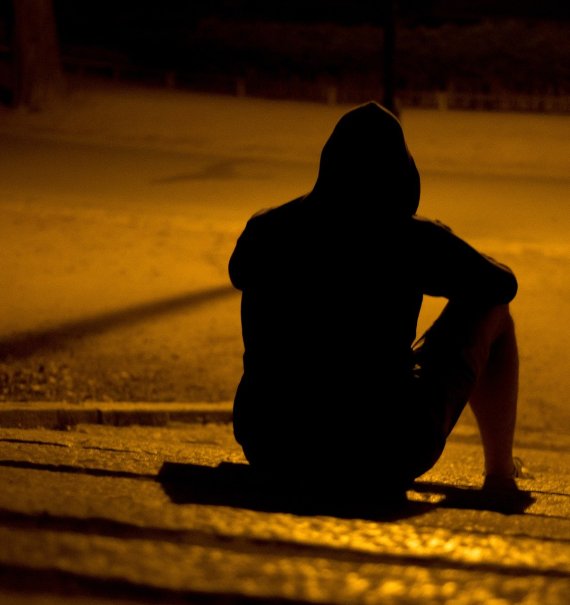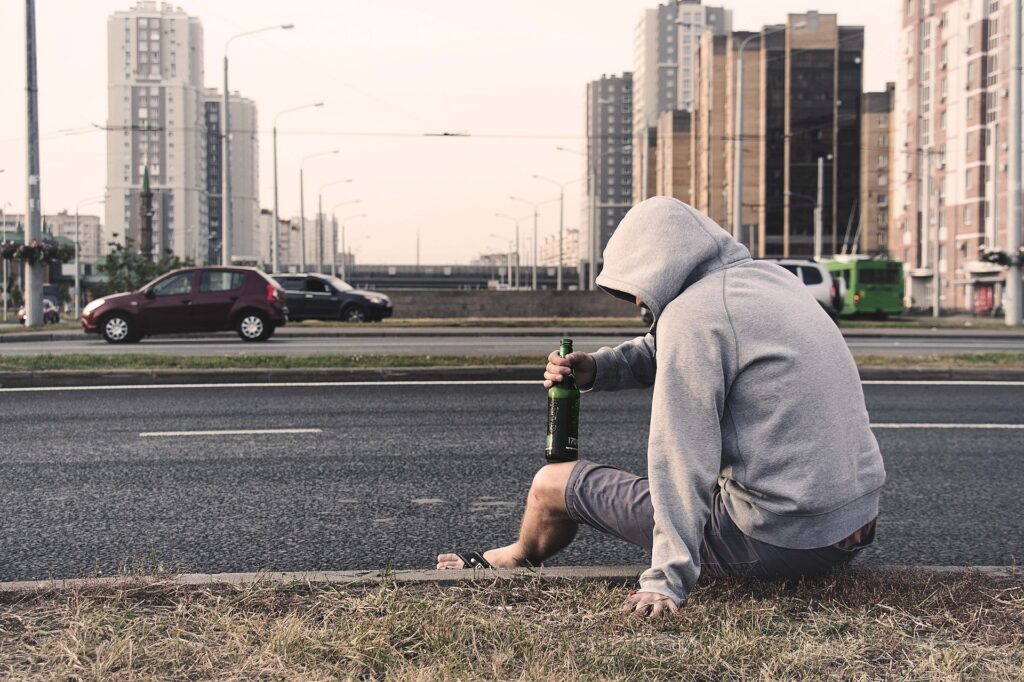It’s the stories from people who have seen the dark side of life that are the most inspiring; stories of how they dug themselves out of pits of addiction, depression, loneliness. These stories give us hope, hope that however bad a situation gets, there’s always light at the end of the tunnel. They are living testimonies, glimmers of hope we can look up to when we also find ourselves in such difficult situations. Today’s story is of a one Fahad Matovu, an addict in recovery and a mental health advocate.
Fahad Matovu is a 23-year-old addict in recovery, whose active drug usage dates back more than ten years. During this time, he has used a variety of substances some of which include; Marijuana, cigarettes, heroine – which became his cup of tea, kuba and cocaine. Fahad was a functional user during most of his addiction days. In high school, he was a brilliant lad, a prominent sports man-captain of the school rugby team-and a confident student leader. After completing high school with good grades, only the sky was the limit for him.
However, it’s during this time that his addiction turned dysfunctional. His smoking went up, he put studies on hold, started hanging out with the wrong crowd and became alienated from society, a downward spiral was inevitable. It was also during this time that he saw the inside of a jail cell a couple of times. That’s the time he saw the worst side of addiction. “I became so good at being bad I almost excelled” Fahad. It became so severe that he went into rehab a number of times. One of the turning points in his life was when he lost a brother because of addiction. “You live fast; you die young” Fahad. During this time in rehab, he reflected upon his life and the damage substance abuse can do to one’s life. Now on the path of recovery, Fahad is enthusiastic about mental health and addiction and is determined to spread as much awareness about mental health and drug addiction as possible.
This story was extracted from a nearly 2-hour long podcast, on the ‘Big conversations with ordinary people’ (link) podcast where Fahad Matovu was hosted. It was compressed into 8 key points you need to know about addiction.
Powerlessness
One of the key traits of addiction, is powerlessness towards a substance; you purchase it even when you know you can’t afford it, you crave it even when deep down you know it’s ruining your life, as well as the lives of the people around you. The elusive nature of addiction however is that it lures you in with your eyes closed; you always justify your use by saying it’s only for recreation, or you can control yourself. No one willingly walks into addiction; it’s always just one cigarette, then two, every time the dose needs to be higher than the last for it to be exciting and before you know it, you can’t function without smoking an entire packet.

Western Culture
Western culture has played a huge role in the ‘popularization’ or better yet, ‘normalization’ of substance abuse. In today’s society, alcohol has become such a norm that saying you’re a non-drinker makes you an outlier. It’s especially among young people who have made substance abuse central to recreation. Ask any teenager or 20-year-old about happiness and it’s always in line with ‘party’ ‘alcohol’ ‘high’. It’s a life style sold to them through the entertainment they watch, the celebrities they admire.
Reinforcing Environment
When you hit rock bottom as an addict, your social circle begins to change, you begin to distance yourself from functional people and find solace in the company of fellow users. ‘misery loves company’ You become alienated from your former friends and society in general. The major cause is shame; you become a shell of your former self, a wreck, a lost soul. You no longer have friends but rather drinking/smoking buddies.
- Coping Mechanism
The status quo doesn’t do much to help either, the number of unemployed youth is soaring day-by-day, poverty is at its peak, the future looks bleak for most of the youth out there, especially the ones raised in humble families. It’s for such reasons that substance abuse becomes a coping mechanism, an escape from the hopelessness of most of their lives. It’s for that reason that the highest number of users can be found in the ghettos of Kamokya, the slums in Katanga and other impoverished areas.

- The Alternative
What then would be the alternative to coping with the hopelessness of one’s situation using substance? During the podcast, Fahad alludes to the fact that one of the reasons young people use drugs is cowardice; they are afraid of facing their situation honestly so try and use substance to escape their reality; a bottle that will give you a brief sense of euphoria amidst all your problems is the easy way out and it’s what most take. He continues to say that the alternative is tough and painstaking but it’s more than worth it; giving up substance and facing reality head on is worth it.
- The Path to Redemption
One of the key traits of addiction is denial; the addict refuses to accept the fact that they are indeed powerless and need help. The first step to recovery is admitting your powerlessness; you have to be able to admit that you have failed to make it on your own and need help, you have to admit vulnerability. ‘You can’t give a solution to a person who believes they have no problem’. For Fahad, his recovery process begun when he admitted his powerlessness and sought to a higher power for help; being raised Muslim, Fahad gave his life to Allah for redemption. Sometimes you have to acknowledge that you can’t always do it on your own.
- Fear of Loss
During the recovery process, one of the huddles a recovering addict faces is the fear of loss. As an addict, substance becomes such a key part of your life that it becomes part of your identity; you remember the false confidence it gave you, the insecurities it took away, the euphoria it made you feel and can’t imagine life without it, so try to hold on to it. That’s why the recovery process is usually gradual; it’s done by slowly weening off the addict, their usage isn’t abruptly stopped, rather it’s gradually toned down to zero. From 2 packets of cigarettes a day, to a packet, to 30, to 2, then 1, it’s reduced up to the point when the addict is strong enough to let go.
- Social stigma
Mental health is highly stigmatized especially in our African society; talk about going to Butabika hospital and someone will quickly conclude that you’re mad, or were bewitched. The common phrase used is ‘Mulalu’. It’s even worse if the reason is substance abuse, such people are often ostracized as ‘Bayaye’ meaning hooligans. They are rarely looked at as people who just lost their way and need help, people who when helped can become productive members of society.
Final thoughts
A few years on the path of recovery and having seen the worst side of addiction, Fahad has taken up the responsibility of spreading the word of mental health awareness. He now runs the Haze Foundation which is a non-profit dedicated to helping addicts in recovery throughout the recovery process. “Now I know my true calling is to be a good human being and contribute to the betterment of the world” Fahad. The foundation also actively engages in educating young people about substance abuse in schools. All this was possible because he was able to reach out for help. However bad your addiction is, you can still be helped.

